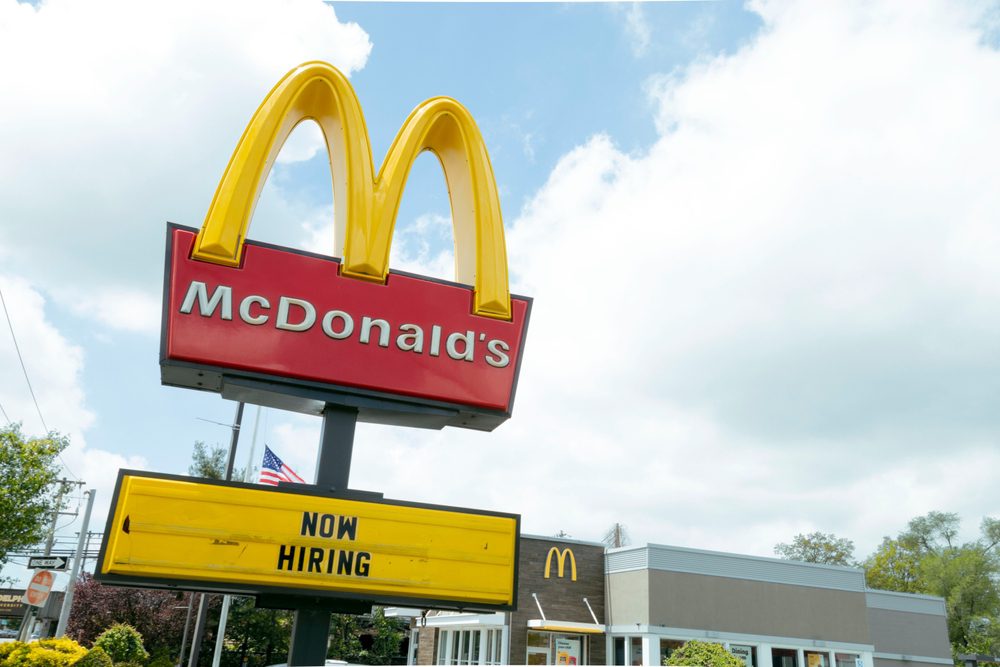Dogpile.com recently collaborated with researchers from the University of Pittsburgh and Penn State University to measure how much overlap and differences in ranking there are between search companies MSN, Google, Yahoo! and Ask Jeeves.
The study shows that the first page results from these four top search engines don’t really have much in common at all. This is contrary to the belief that results between different search engines should be somewhat similar, since they must all index the web pretty extensively. The overlap for organic/natural search listings across the first page for any given query is only about 1.1% however (as of July 2005).
Check out how different each of these engines really are:
66.4% of Google first page results, on average, were unique to Google
71.2% of Yahoo! first page results, on average, were unique to Yahoo!
70.8% of MSN first page results, on average, were unique to MSN
73.9% of AskJeeves first page results, on average, were unique to AskJeeves
The top search engines completely disagreed on the top three (non-sponsored) search results nearly one-third of the time and about one-fifth of the time for the top five search results. 87.7% of the total results were unique to one search engine, 9.9% of results shared by any two search engines, and 2.3% of results shared by any three search engines.
Another interesting fact from figures published by comScore Media Metrix in May 2005 show that searchers, on average, utilize 2.8 different search engines per month. This statistic, along with Dogpile’s recent report sheds some new light on how searchers naturally function as a meta search engine, aggregating results from multiple engines manually. Google still holds a dominant piece of the search market, but the other engines are not to be ignored.
Nielsen//NetRatings MegaView search engine market share stats for June 2005:
Google- 47%
Yahoo!- 22%
MSN- 12%
AOL- 5 %
MyWay- 2% (owned by AskJeeves)
You may want to expand on your natural search strategy. Sure, you always have to consider the 80/20 rule, in an SEO’s case, Google and Yahoo. But the natural search landscape is so competitive these days you should also consider spending a portion of your time optimizing for other engines as well. Do some analysis and determine, based on projected search volumes, if it might be worth it to spend some time getting ranked on the first page of a search engine that may not be as popular, as opposed to all of your time getting ranked on the tenth page of Google.
Check out Dogpile’s search comparison tool to see how much, the results from any given query, overlaps between search engines at http://comparesearchengines.dogpile.com/. It’s pretty interesting and a little fun to play around with too.
This article is mainly a brief summary of findings for the average marketer to quickly digest, for hardcore search marketers or those just simply wanting to learn more, check out the complete report:
Different Engines, Different Results (30 page PDF white paper)
http://CompareSearchEngines.dogpile.com/OverlapAnalysis
To read Nielen//NetRating’s MegaView Search’s white paper on search user overlap (2 page PDF), you can check it out here:
http://www.nielsen-netratings.com/pr/pr_050228.pdf
 Network
Network

